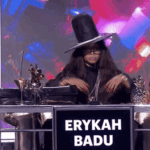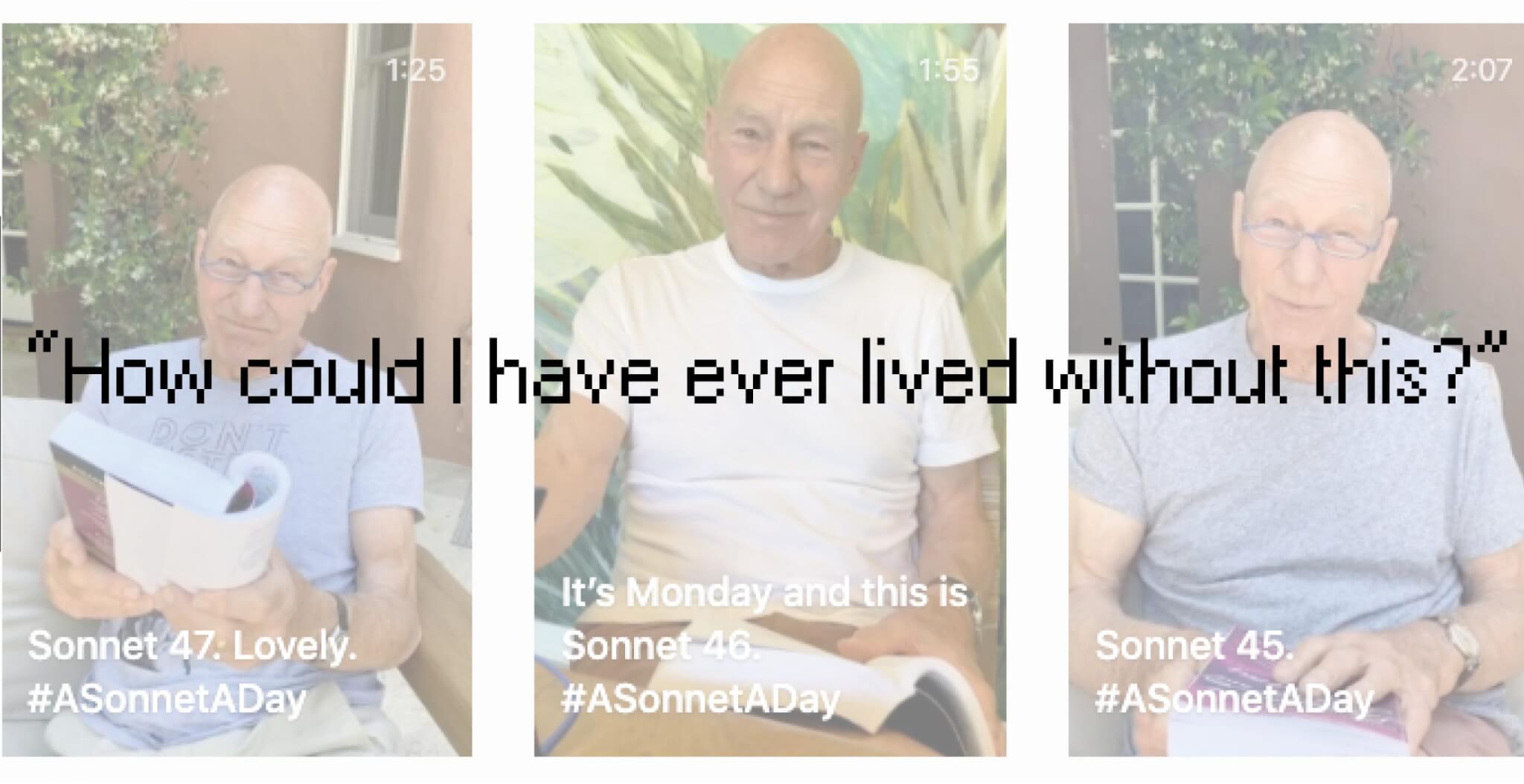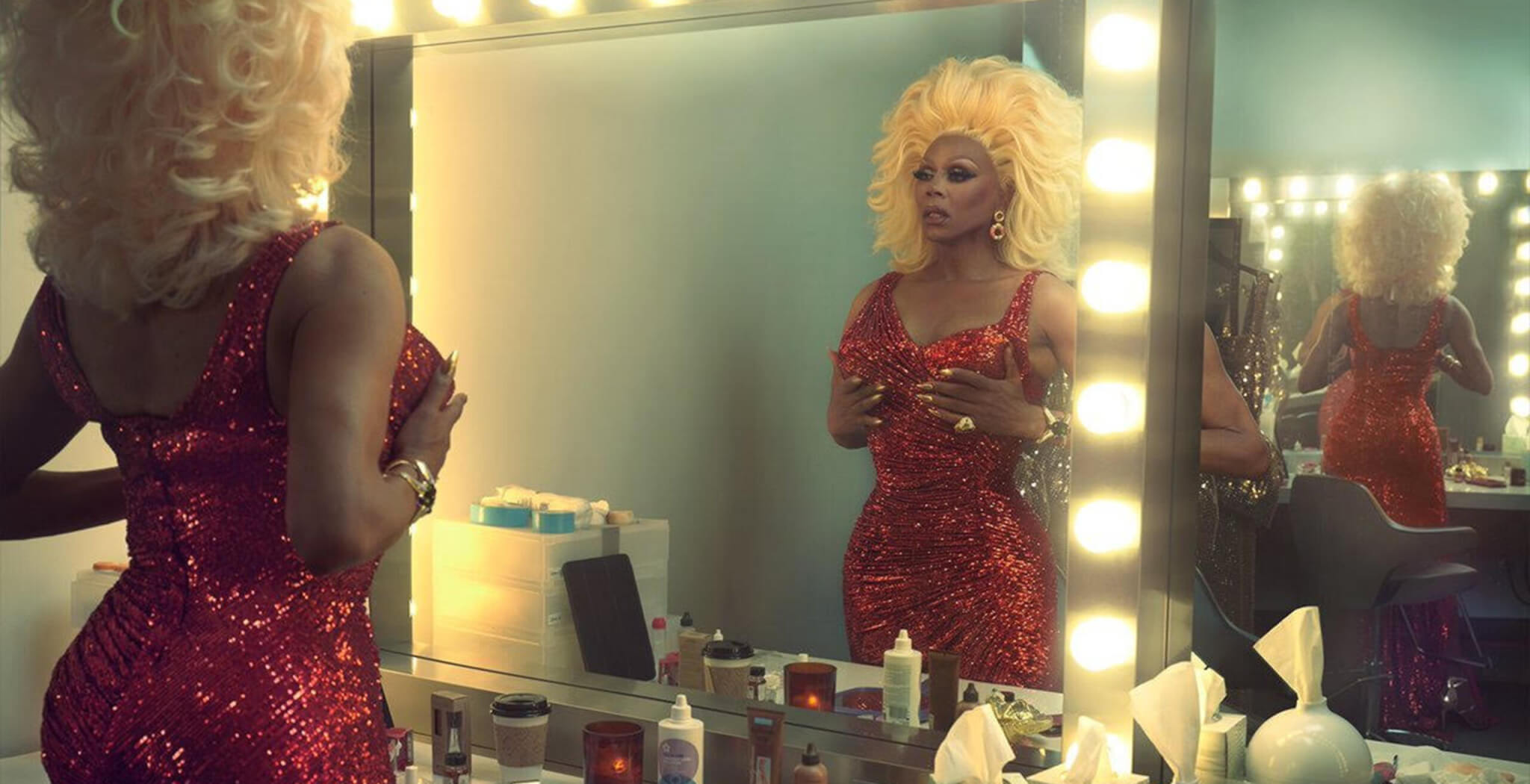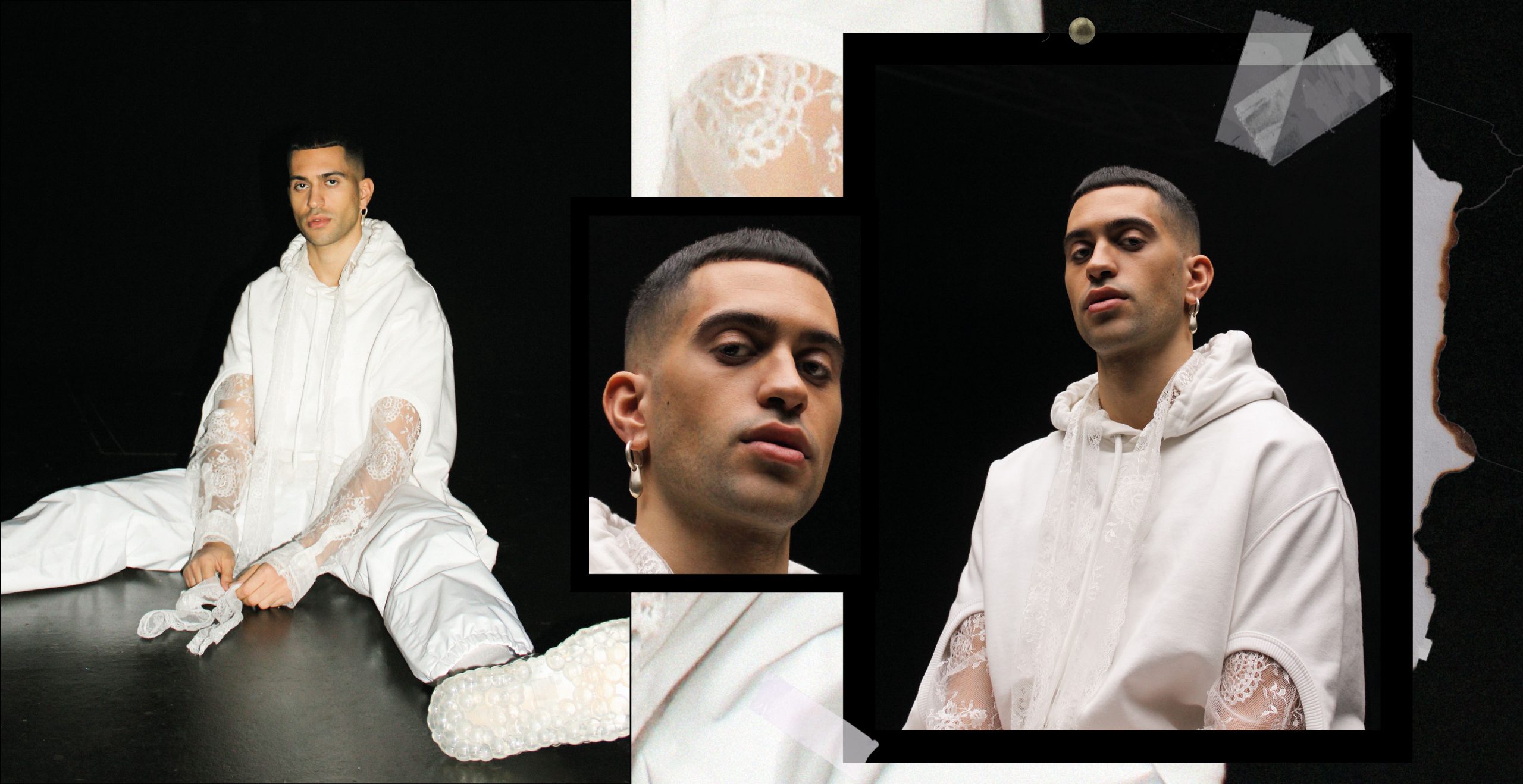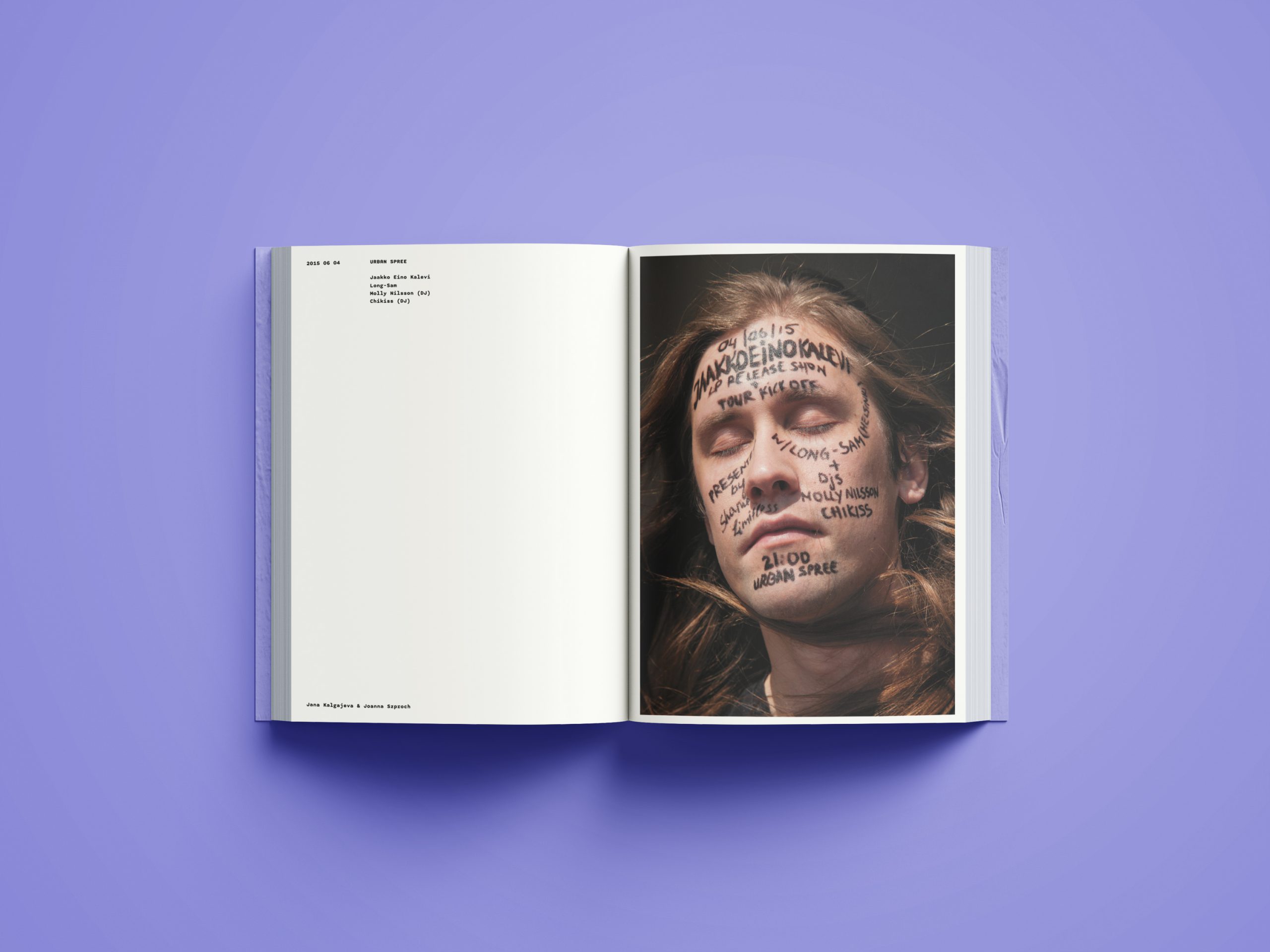What would it be of the soul and R&B scenes without Erykah Badu? And what would it be of Erykah Badu without a childhood marked by matriarchal figures? From the beginning of her early career, Badu’s artistic work and personal beliefs have been connected to processes of creation and rebirth, becoming a deity of black bohemian culture, or as The New Yorker wrote in 2016 — the godmother of soul.
Unlike other queens such as Rihanna and Queen Bey, Erykah Badu rose to prominence in the late nineties like a storm: her debut album Baduizm became an instant classic, selling more than three million copies and winning a couple of Grammys. Badu’s album revived the spirit of the early 70s acts of Marvin Gaye, Funkadelic and Curtis Mayfield, with an aesthetic that referenced everything from the 1985 film The Color Purple: bohemian, spiritually minded and emancipatory — all of it without being over-sentimental.
With her first single “On & On,” Badu made the first appearance that would be unforgettable to the generations to come: during the third season of the tv show All That’s in 1997, Badu made it to Nickelodeon with incense sticks and a large headscarf, marking the beginning of a recorded history of eccentric acts which would only become more complex over time.
Badu’s performance on Nickelodeon was just one of the many signs that she was in fact creating something fresh and innovative — the blend of R&B, soul, jazz, hip-hop and funk came along with messages that resonated with future generations. Shortly after the release of “On & On,” Badu said during an appearance on Black Entertainment Television (BET) that music was sick, adding, “It’s going through a rebirthing process, and I found myself being one of the midwives.”
And she was right about becoming music’s most famous midwife — both literally and figuratively, for she became the herald of a new generation of music as much as a certified doula. But as it turned out, culture was sick too and her work became a source of empowerment to seek change. There’s no one who has been as influential music- and culture-wise as she is. Badu has literally changed the course of music and is an inspiration and reference to the pop culture of many, from Amy Winehouse, Janelle Monae and Grimes to Barack Obama.
Although her first album is the most successful one, the second, Mama’s Gun, is truly the epitome of Badu’s musical expansion as it understands that black love is essential in “any movement to fight the power, and it also recognises just how expensive it is to lose it,” an article more than two decades old reads in Pitchfork. By the time Badu recorded this album, she was delivering not only music and messages of resistance but also babies.
Mama’s Gun didn’t sell as many copies nor accrue such a hyped reaction as Baduizm did. Still, with this album, Badu made clear that she was a courageous creator, even if sad and broken-hearted, profound about the social narratives of black people and the empowerment of women of colour. Unlike R&B singers, Badu wasn’t particularly interested in singing about romantic love. Instead, her songs reflected the frustration in the process of breaking up and called to pursue new love and pleasure such as in “Tyrone,” lyrics of which many have assumed were about the breakup with her ex-partner and father of her first child, Andre 3000 from OutKast:
But you can't use my phone
You know the song
There's some things that I'd rather do
Than to be up with youSome years later, almost two decades to be more precise, Badu reinvented “Tyrone,” titled “But you cain’t use my phone,” a fun R&B mixtape that cycled back to the hippieish, loving core of her personal message: focus on self-care and let go of toxic relationships. This time, however, coming from a more mature and experienced matriarch, one that’s sold over 10 million copies, collaborated with the most famous hip hop, R&B and pop stars, and fostered a community around her three children born from different relationships.
“I come from a long line of matriarchal women, and my greatest teachers were my mothers,” said Badu, reflecting on how her career has been intertwined with being a mother. Badu got pregnant a month after the release of Baduizm and ever since her life on the road has been next to her children, always going back to Dallas, Texas, where she was born and where she and the fathers of her children have formed a tight community and live for the most part of the year.
Ever since Badu emerged with incense sticks, she’s been determined to use her energy to bring her inner cosmos out into this world, crafting with her womb a comfy, exquisite and eccentric place that no one is willing to leave. A whole piece. An inescapable moment.
We’re living in Badu’s world.








